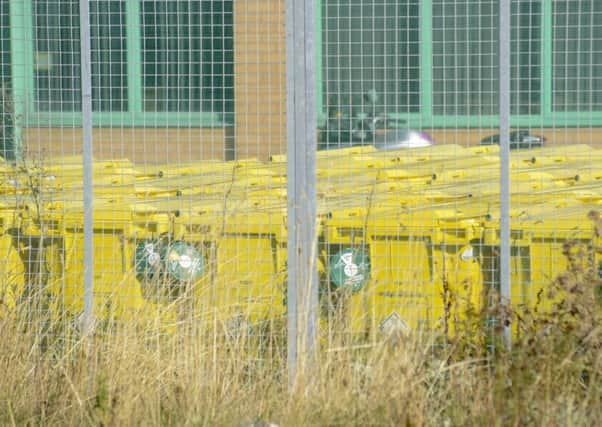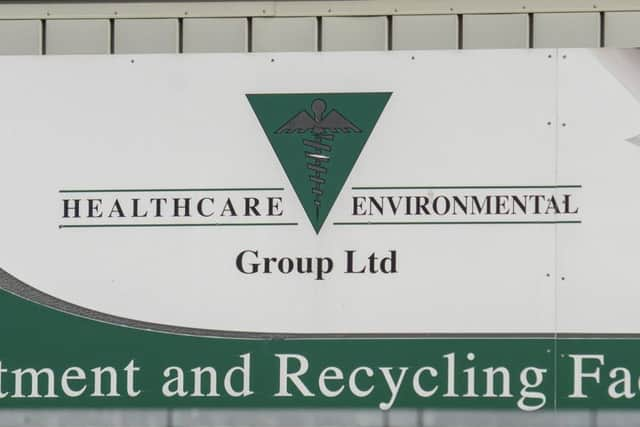Firm says no human parts held in backlog


Garry Pettigrew, managing director of Healthcare Environmental Services (HES), said it was not true that amputated limbs and other tissue were among the refuse that built up at its site in Normanton.
Advertisement
Hide AdAdvertisement
Hide AdEnvironmental enforcement action has been launched and restrictions placed on the HES site in Normanton. Mr Pettigrew said that “anatomical waste” was always stored securely and prioritised for destruction.


And he repeated his claim, made when the issue became public, that a “lack of incineration capacity” was behind the problem. He said: “Every single part that people are referring to there is dealt with securely, professionally, and any anatomical waste would be stored in fridges and at the same time prioritised for outward bound.”
Health Minister Stephen Barclay told MPs that more than 3.5 tonnes of human body parts was stockpiled at four sites by HES.
The company collected £31m last year to burn waste, but “just 1.1 per cent of this clinical waste is anatomical”.
Advertisement
Hide AdAdvertisement
Hide AdSome of the company’s NHS contracts have now been terminated after the Environment Agency said that HES had been found to be in breach of permits at four of its six sites in England.
As part of its enforcement activity, it has partially suspended the company’s permit at the Normanton site, which will prevent it from accepting any more incinerator-only waste.
The Department of Health and Social Care (DHSC) said there was “absolutely no risk” to public health.